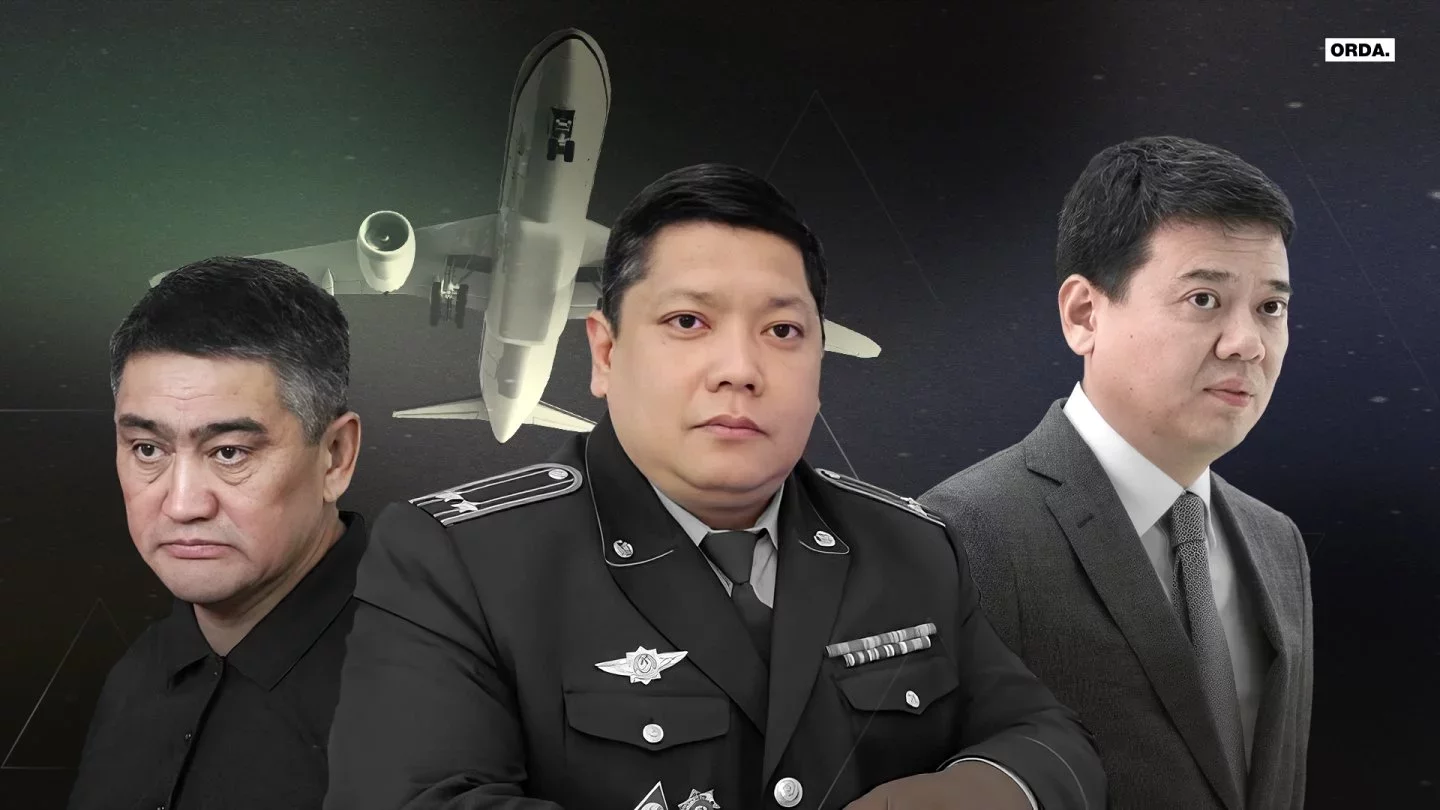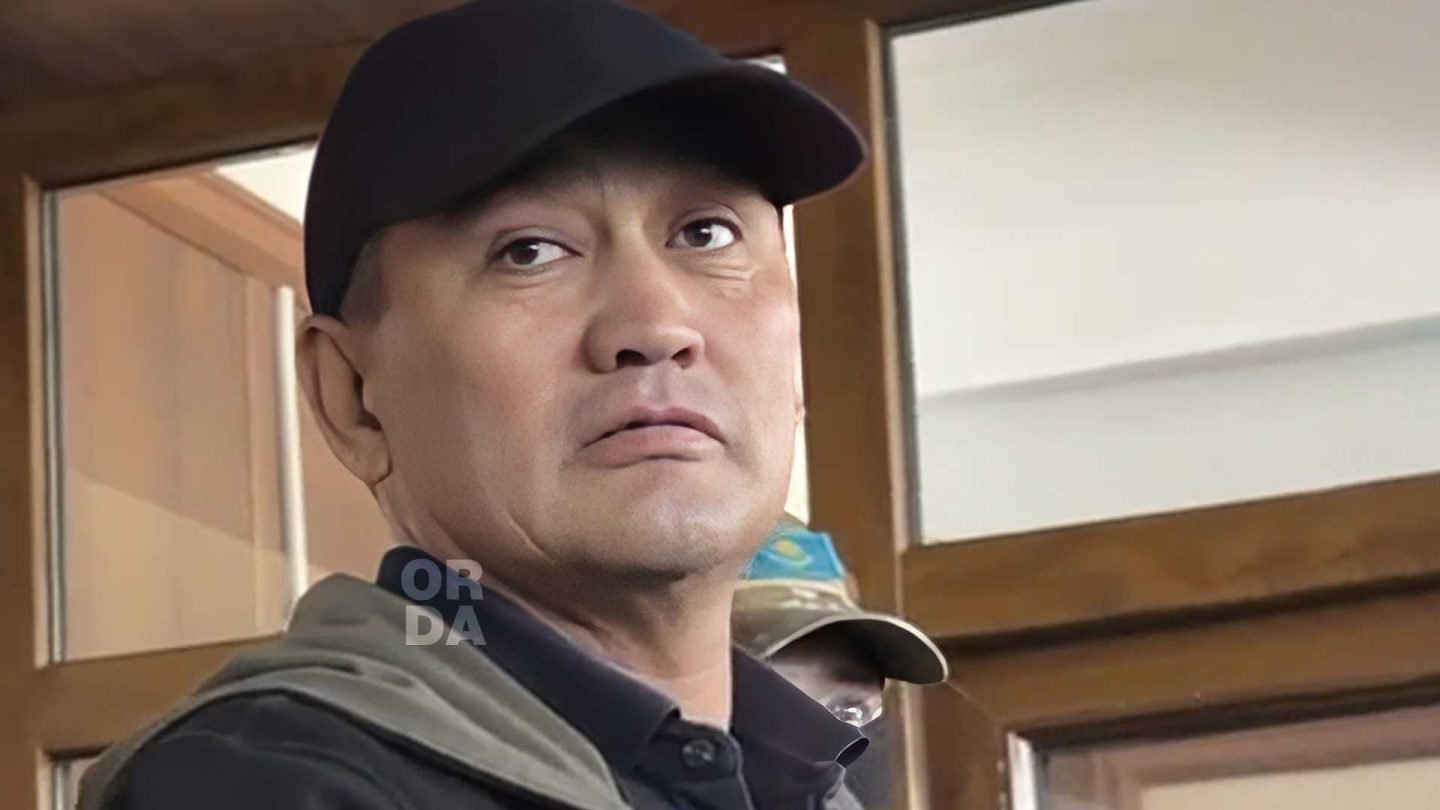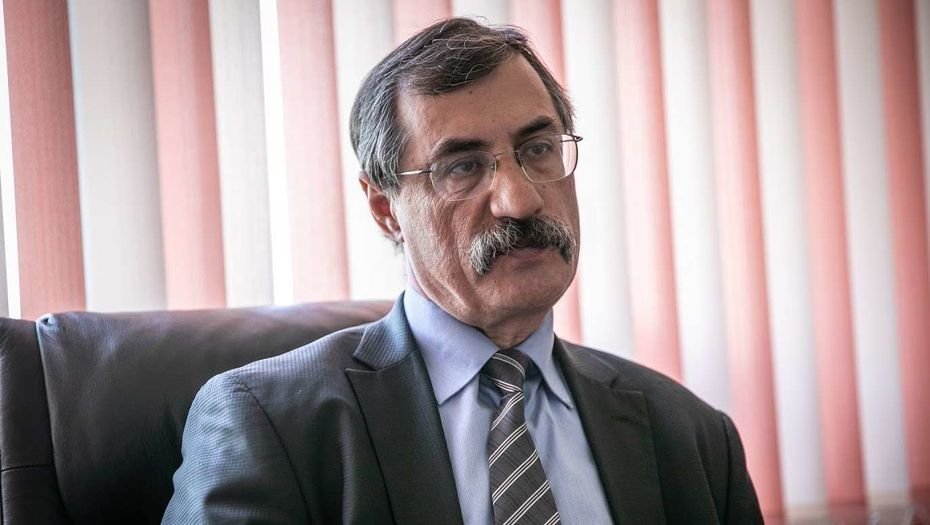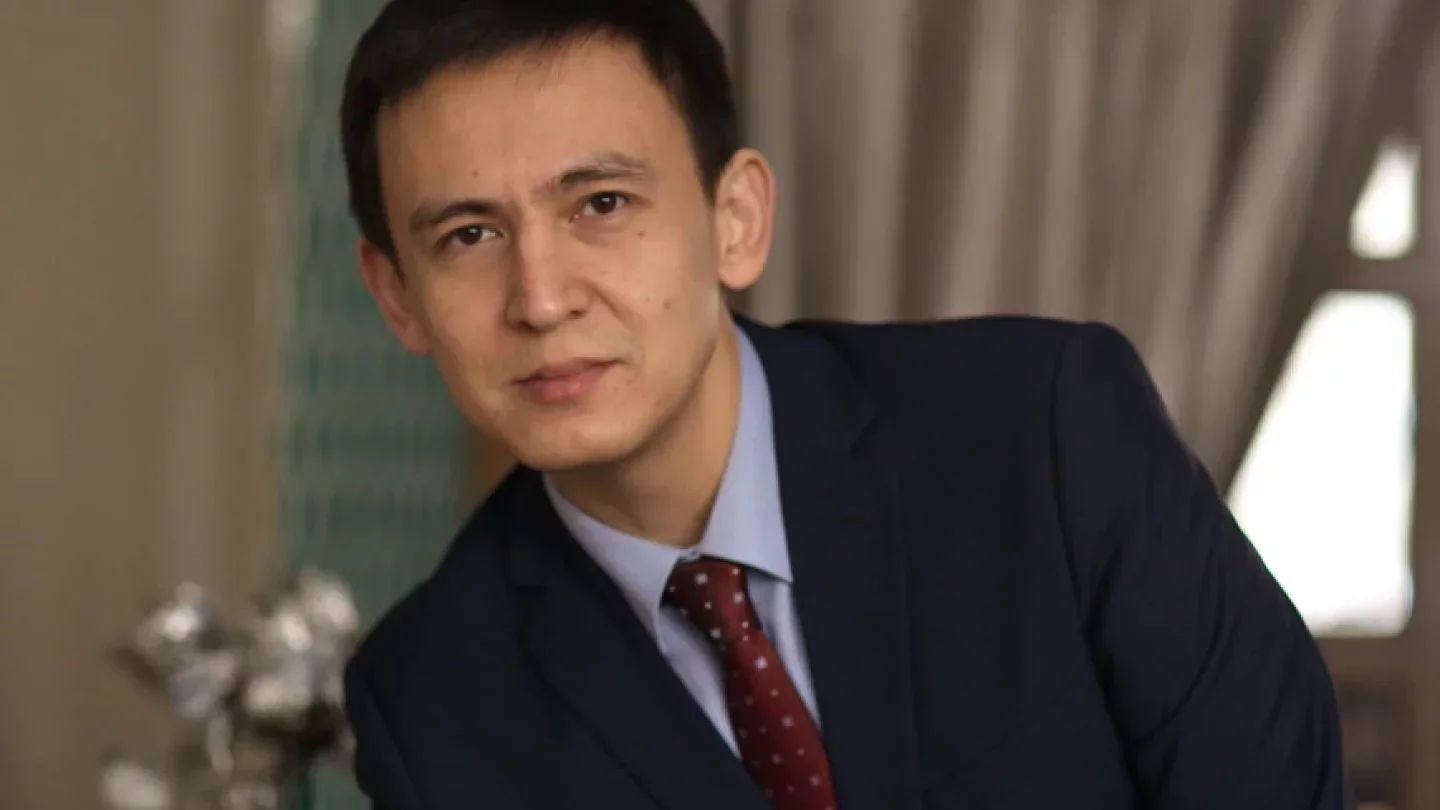Flee Like Kudebayev? Former Almaty PD Deputy Head Abilbekov Released

On May 28, reports surfaced that the former Almaty PD deputy head, Berik Abilbekov, was detained in a case related to torture during Qantar. As sources told Orda.kz, he is not in custody but at an Almaty hospital. A week ago, he seemed healthy in court.
Abilbekov's placement in a city hospital rather than a prison hospital alludes to travel restrictions being chosen as a preventive measure. Orda.kz has discussed this situation with experts.
The Not-So-Great Escapes
Berik Abilbekov is not the only law enforcement officer of “Old Kazakhstan" who did not end up in a pre-trial detention center during an investigation. The former Almaty Region PD head, Serik Kudebayev, and the first deputy chairman of the National Security Committee, Nursultan Nazarbayev’s nephew, Samat Abish, are other examples. These two, like Abilbekov, were involved in cases related to the January Events (Qantar) and were under travel restrictions.
Abish, on the one hand, awaited the trial. There were rumors that he had fled to the UAE. He would later receive an eight-year conditional sentence. His case, like many others related to Qantar, was conducted behind closed doors, while his sentence has been dubbed unique.
However, Serik Kudebayev made a run for it. He was also said to have been in the hospital like Abilbekov. Kudebayev was first in Kyrgyzstan and then in Türkiye. He would later be extradited from the latter.

Former Minister of Justice Marat Beketayev was also under travel restrictions due to an investigation. He attempted to flee, but he did not make his flight to England.

Justifiable?
An Orda journalist has spoken with Evgeniy Zhovtis, the Kazakhstan International Bureau for Human Rights director, and lawyer Dzhokhar Utebekov.
Zhovtis states that there is nothing wrong with former law enforcement and officials being under travel restrictions. Even when they are facing serious charges.
I believe that in any case, we must proceed from the presumption of innocence. That is, until a person’s guilt is proven in court, he is not considered guilty. And when choosing a preventive measure, the severity and expected term are not so important as three other key points. The first is whether the person can continue to engage in criminal activity. The second is whether they can evade (law enforcement - Ed.). The third is whether he can interfere with the pre-trial investigation, says Zhovtis.

As experts note, taking one into custody is a last resort. They believe it is often used disproportionately in Kazakhstan.
We have severe repressive practices in which people are very often sent into custody. This measure is chosen for people with disabilities, women with many children, and sometimes even for minors. And often, this happens with crimes where people clearly do not pose a threat, says Utebekov.
Both experts believe that other, more lenient preventive measures should be used more often in Kazakhstan, i.e., travel restrictions, officially dubbed “obligation to appear,” collateral bail, bail bonds, house arrest, etc.
Although, of course, less stringent measures should also be adequate. And it’s not as if you could just run off under travel restrictions, says Dzhokhar Utebekov.
The lawyer also highlights a clear disproportion: people who previously held high positions are less likely to be taken into custody than those who did not.
For some reason, these people are more likely to remain at liberty than, so to speak, people of lesser rank, says the lawyer.

Evgeniy Zhovtis also points this out. He notes that while high-ranking security officials involved in cases with serious charges are released, civil activists with milder charges are sent to pre-trial detention.
I don’t know what arguments Abilbekov’s defense and he himself gave that the court came to this opinion, but there were probably sufficient arguments. But when it comes to civil activists, they don’t think much about it, says Zhovtis.
Not all former law enforcement officers have avoided pre-trial detention. Ruslan Iskakov, the former head of the Fifth National Security Committee (KNB) department, and Yerlan Turgumbayev, the former Minister of Internal Affairs, are in the pre-trial detention center. Meanwhile, Karim Massimov, the former KNB head, is serving time.
Bracelets Don't Work
Dzhokhar Utebekov notes not all lenient measures work. He cites electronic bracelets as an example.
Electronic bracelets do not work properly in Kazakhstan. That is, in the sense that with their help, it would be possible to track whether a person has left their house if they are under house arrest. Or along with other preventive measures, see if they are approaching the airport or train station, says the lawyer.
Utebekov says Kazakh law enforcement lacks the technical equipment to use electronic bracelets to their full capacity. And this is despite the fact that Kazakhstan is famous for its digitalization.
Utebekov states that bail is practically not used. According to the lawyer, for this measure to work efficiently, the amounts must be so large that there would be no desire to flee upon posting.
According to the lawyer, if paying a large bail was an effective practice in Kazakhstan, then Kudebayev could have been subject to such a practice and may not have fled.
Original Author: Igor Ulitin
DISCLAIMER: This is a translated piece. The text has been modified, the content is the same. Please refer to the original piece in Russian for accuracy.
Latest news
- Thermal Power Plant Projects: Kazakhstan Looking for Alternatives for Russian Contractors
- Shymkent Theater Officials Accused of Embezzling Over 136 Million Tenge
- Ashgabat Responds to Media Report on Internet Access
- Rare Glimpse: Red-Listed Lynx and Secretive Badgers Filmed in the Wild
- Kairat Forward Becomes Youngest Kazakhstani to Score in Champions League
- Orda's Editor-in-Chief Targeted in Questionable Ownership Maneuver
- Businessman Tried to "Push Through" Astana Boiler House Project with a Bribe
- Foreigners Coming to Uzbekistan for Work Will Be Required to Take an HIV Test
- Toqayev Appoints New Director to Reorganized Anti-Corruption Body
- Former Employees of Key Witness Testify in Sarbasov Trial
- Kazakhstan Plans to Launch Direct Flights to New York, Tokyo, and Singapore
- Kazakhstan Expects Minimal Impact from U.S. Tariffs, Trade Ministry Says
- Hemp to Be Cultivated in Northern Kazakhstan for Industrial Use
- Tajikistan and Kyrgyzstan Sign Series of Cooperation Agreements After High-Level Talks
- Vostokmashzavod Disputes Railcar Downtime Charges from KTZ-Freight
- Alik Aidarbayev Appointed General Director of Kalamkas-Khazar Operating
- Trump’s Tariff: Experts Weigh In on Kazakhstan’s Possible Response
- Kazakhstan Meat Cleared for European Market
- Journalist Lukpan Akhmedyarov Reports New Wave of Pressure
- Modernization of Syrym Checkpoint Promises Smoother Border Crossings, Orda.kz Talked with Drivers about Current Situation

